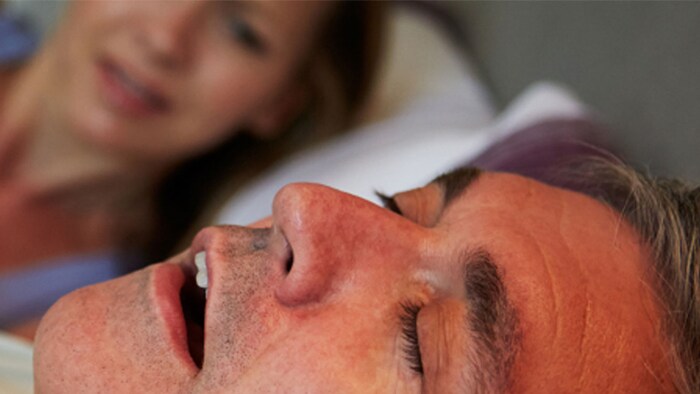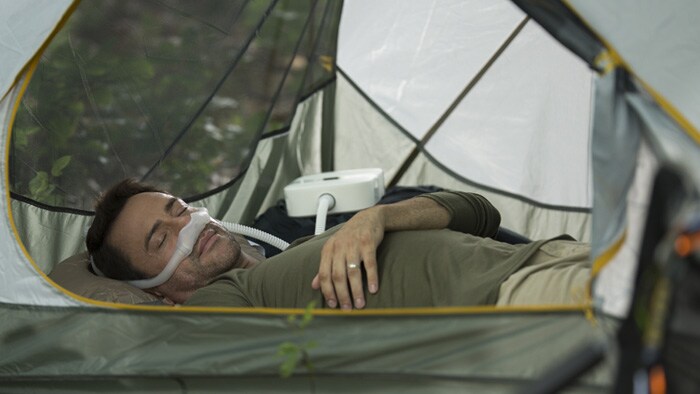Not All Snoring Solutions Are Created Equal
We've all heard the stories about an especially loud sleeper who needs a gentle (or not-so-gentle) push from a loved one every time they roll on their back and start to snore like a freight train. But although we might joke about it, snoring can actually be a serious health issue that needs addressing. A solution that works for one person might not be the greatest fit for another. Here's a closer look at the major causes of snoring and the different treatments.
Snoring Has Many Causes
Sometimes snoring is a relatively benign but annoying complication that only comes up from time to time. You might snore if you drank alcohol too close to when you were going to bed, causing your throat muscles to relax. You might be congested from a cold or allergies. Maybe your tonsils are too large or your airway is too narrow, making you more prone to snoring. But other times, snoring can be a symptom of a more serious and chronic health concern called sleep apnea.
Three Types of Sleep Apnea
Sleep apnea occurs when your breathing slows or even briefly stops five times or more a night. You may have highly disrupted sleep as a result, which can lead to health complications. It's surprisingly common, with about 22 million adults in the U.S. having some form of sleep apnea. There are three major types: central sleep apnea, obstructive sleep apnea (OSA), and positional sleep apnea (POSA.) Central sleep apnea is the least common and occurs when the brain doesn't send the right signals to your muscles to control your breathing. OSA occurs when you can't breathe normally because your throat muscles sometimes relax too much and block your airway while you're sleeping. POSA, meanwhile, occurs when you typically only have sleep apnea events when you're sleeping on your back. Sleeping flat on your back can alter your upper airway, making obstruction more likely.
A Doctor's Visit is a Good Choice
Sleep apnea should be taken seriously. If untreated, it can put you at increased risk of a stroke, a heart attack, type 2 diabetes, or having daytime fatigue that leads to problems at work or while driving. If you never feel rested or if you're sleepy even after a full night's rest, you should see a doctor. If you snore loudly or frequently, see a doctor. Possible sleep apnea isn't something to ignore. Your doctor will likely recommend a study that monitors you while you're asleep.
The Treatment Depends on the Problem
Not all snoring treatments are created equal. If it's not sleep apnea or if it's a milder form, your doctor might recommend lifestyle changes like exercising, losing weight, quitting smoking, or not drinking alcohol close to bed. If you have POSA, your doctor might recommend positional therapy devices that prevent you from sleeping on your back. For some, this is enough to correct the issue. Others with POSA or OSA may need may need a CPAP (continuous positive airway pressure) device. This device delivers steady air pressure via a mask, keeping your airway passages open while you sleep. As you can see, there are many possible treatments for snoring, depending on the cause. Because some types of snoring can have such serious consequences, this isn't a problem to take lightly. If you have any concerns, talk to your doctor.


